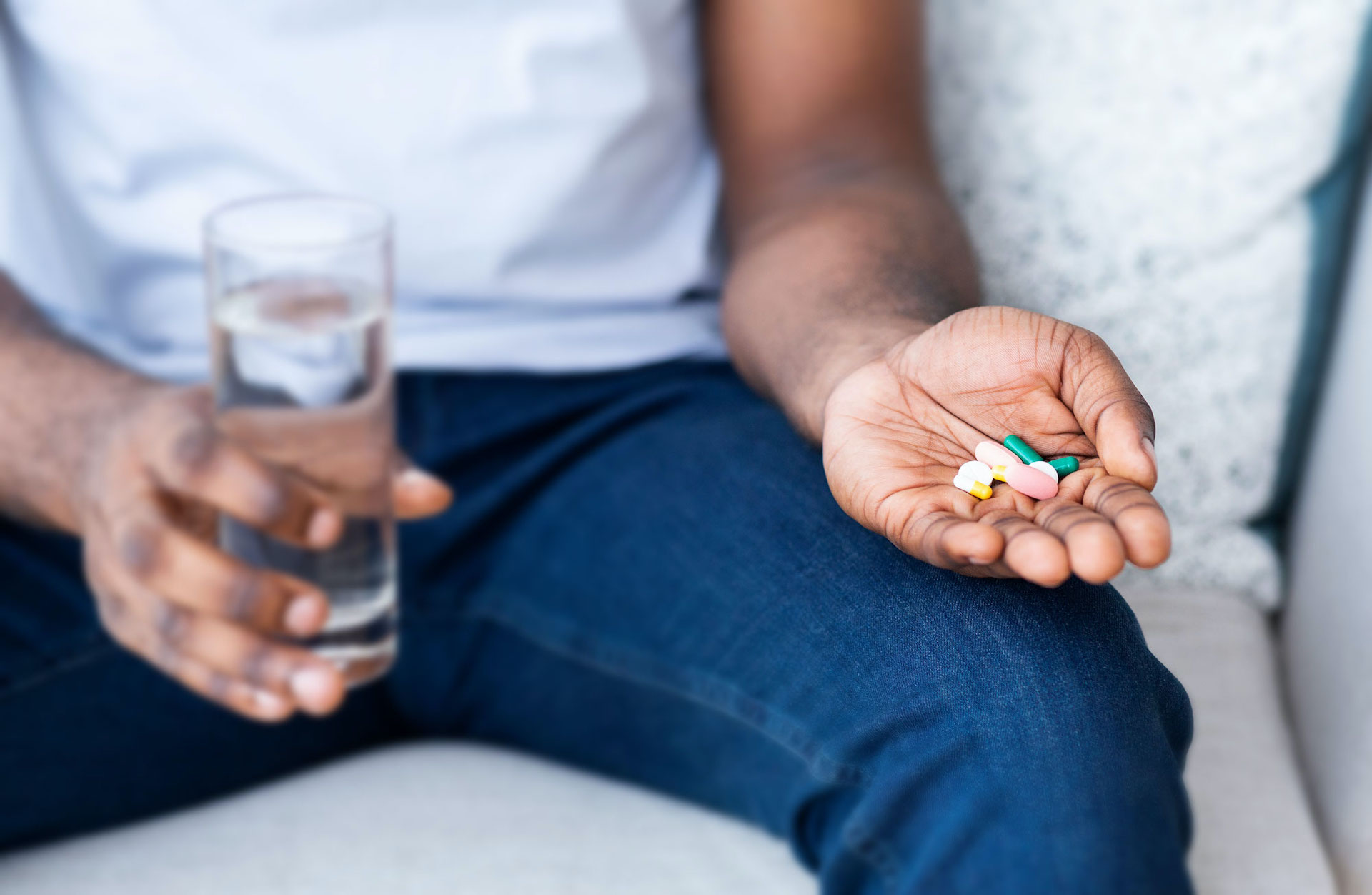Understanding Amoxicillin
Before diving into the relationship between alcohol and amoxicillin, it’s essential to understand what amoxicillin is and how it works. Amoxicillin is a type of antibiotic that belongs to the penicillin class of drugs. It is used to treat a wide range of bacterial infections, such as:
- Respiratory infections (e.g., bronchitis, pneumonia)
- Ear infections (e.g., otitis media)
- Sinus infections
- Throat infections (e.g., strep throat)
- Urinary tract infections
- Skin infections
- Dental infections
Amoxicillin tablet works by inhibiting the growth of bacteria, helping your immune system to clear out the infection. It is one of the most widely prescribed antibiotics due to its effectiveness and relatively low side effect profile. However, like all medications, it should be used according to your doctor’s instructions to avoid potential complications.
Does Alcohol Affect Amoxicillin?
There is no direct chemical interaction between amoxicillin and alcohol. This means that, technically, drinking alcohol won’t reduce the antibiotic’s effectiveness in fighting bacterial infections. However, this doesn’t mean that consuming alcohol while on amoxicillin is without potential risks.
While alcohol may not render amoxicillin useless, it can exacerbate the side effects of the antibiotic and negatively affect your overall health while you’re trying to recover from an infection. Let’s look at some of the potential problems that can arise when mixing alcohol with amoxicillin.
other antibiotics treatments: Cipmox 500 mg
Common Side Effects of Amoxicillin
Amoxicillin, like all antibiotics, can come with some side effects, even when taken correctly. These can include:
- Nausea
- Vomiting
- Diarrhea
- Headache
- Dizziness
- Abdominal pain
- Rashes or allergic reactions
These side effects are generally mild, but they can become more pronounced or problematic if alcohol is introduced into the mix.
Alcohol’s Effects on the Body
Alcohol itself can cause a range of effects on the body, which can sometimes overlap with the side effects of amoxicillin. These include:
- Dehydration: Alcohol is a diuretic, meaning it causes you to lose fluids, which can contribute to dehydration.
- Gastrointestinal Issues: Alcohol can irritate the stomach lining and cause nausea, vomiting, and diarrhea.
- Drowsiness and Dizziness: Alcohol can make you feel sleepy, dizzy, or lightheaded, which may worsen if you are already experiencing these effects from amoxicillin.
- Weakened Immune System: Alcohol can weaken the immune system, making it harder for your body to fight off the infection you’re treating with antibiotics.
Potential Risks of Drinking Alcohol While on Amoxicillin
Here are some of the main reasons why drinking alcohol while taking amoxicillin is not recommended, even though there is no direct interaction between the two.
1. Intensified Side Effects
As mentioned, both alcohol and amoxicillin can cause similar side effects like nausea, dizziness, and gastrointestinal distress. Drinking alcohol while on amoxicillin can exacerbate these symptoms, making you feel worse. For instance, if you’re already feeling queasy from the medication, adding alcohol to the mix could intensify nausea or lead to vomiting.
2. Dehydration and Delayed Recovery
When you’re fighting an infection, your body needs proper hydration to function efficiently and heal. Alcohol’s diuretic effect can deplete your body of the fluids it needs to stay hydrated and recover. Dehydration can lead to fatigue, headaches, and a longer recovery period, making it counterproductive to consume alcohol while taking amoxicillin.
3. Reduced Immune Function
Alcohol can weaken your immune system, making it harder for your body to recover from bacterial infections. Even though amoxicillin is working to kill off the bacteria causing your infection, your immune system also plays a crucial role in clearing out the infection. Drinking alcohol can compromise your body’s ability to fight off illness, potentially leading to prolonged symptoms or worsening of the infection.
4. Increased Risk of Liver Damage
Both alcohol and medications are processed through the liver. While amoxicillin is not particularly toxic to the liver for most people, combining it with alcohol, especially in excessive amounts, can increase the strain on this vital organ. In individuals with pre-existing liver conditions or those who consume large quantities of alcohol regularly, the added burden can lead to liver damage or dysfunction.
Situations Where Alcohol Must Be Avoided
While amoxicillin itself doesn’t have a direct contraindication with alcohol, there are situations where drinking while on antibiotics is especially risky:
- If you have a severe infection: If you’re battling a serious infection, it’s essential to give your body every advantage to heal. Alcohol can slow down your recovery and may even interfere with the effectiveness of your immune system.
- If you’re feeling weak or fatigued: Fighting off an infection already takes a toll on your energy levels. Adding alcohol to the mix can increase feelings of fatigue and worsen symptoms, such as headaches or dizziness.
- If you’re taking other medications: If you’re on multiple medications, especially pain relievers, anti-nausea medications, or other antibiotics, alcohol could interact negatively with those drugs. Some medications can react poorly with alcohol, leading to severe side effects or complications.
Can You Drink Moderately While on Amoxicillin?
If you are determined to have a drink while taking amoxicillin, it’s essential to consider the following:
- Moderation is key: If you do choose to drink, limit your alcohol intake to one or two drinks. Binge drinking or heavy alcohol consumption should be avoided entirely while on antibiotics, as it can significantly worsen side effects and hinder recovery.
- Timing matters: You might want to wait until the infection has significantly improved before considering drinking alcohol. Once your symptoms have subsided, and you’re nearing the end of your antibiotic course, a small amount of alcohol is less likely to interfere with your recovery.
Conclusion
Although there is no direct interaction between alcohol and amoxicillin, drinking alcohol while taking this antibiotic is generally discouraged. Alcohol can amplify the side effects of amoxicillin, delay your recovery, and place unnecessary stress on your body, particularly your immune system and liver. When you’re fighting an infection, it’s always best to give your body the rest and hydration it needs to heal fully.
In summary, while an occasional drink might not interfere with your medication, it’s safest to avoid alcohol altogether until you have completed your course of antibiotics. Prioritizing your health and recovery should always come first. When in doubt, consult your doctor for personalized advice based on your specific health condition and treatment plan.





